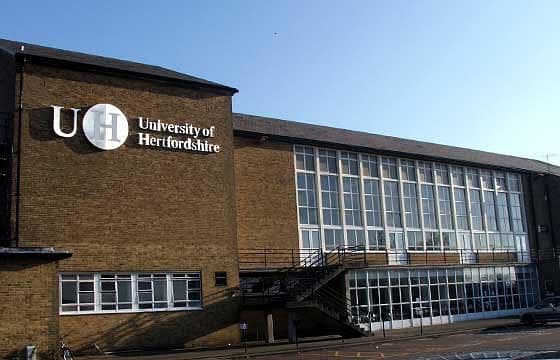BEng (Hons) Electrical and Electronic Engineering at University of Hertfordshire
Hatfield, United Kingdom
- Tuition Fee £ 15,500
- Country Rank-
- Duration36 Months
- Score IELTS: 6 TOEFL: 72
Program Overview
Why choose this course?
- Study at one of the largest engineering schools in the UK
- Ranked 10th in the UK for Electronic and Electrical engineering
- Work on industry inspired projects in well-equipped laboratories
- This BEng Honours in Electrical and Electronic Engineering will give you a sound technological background in the field of electrical and electronic engineering.
- You will have access to modern engineering tools which will give you the advantage of experiencing a hi-tech laboratory environment.
Cost Of Studying At University of Hertfordshire
Interest rates as low as 8.9% *
250K+
Students Assisted
800Cr+
Loan Amount Disbursed
5000+
Loans Sanctioned
Check Loan Eligibility
Powered by
